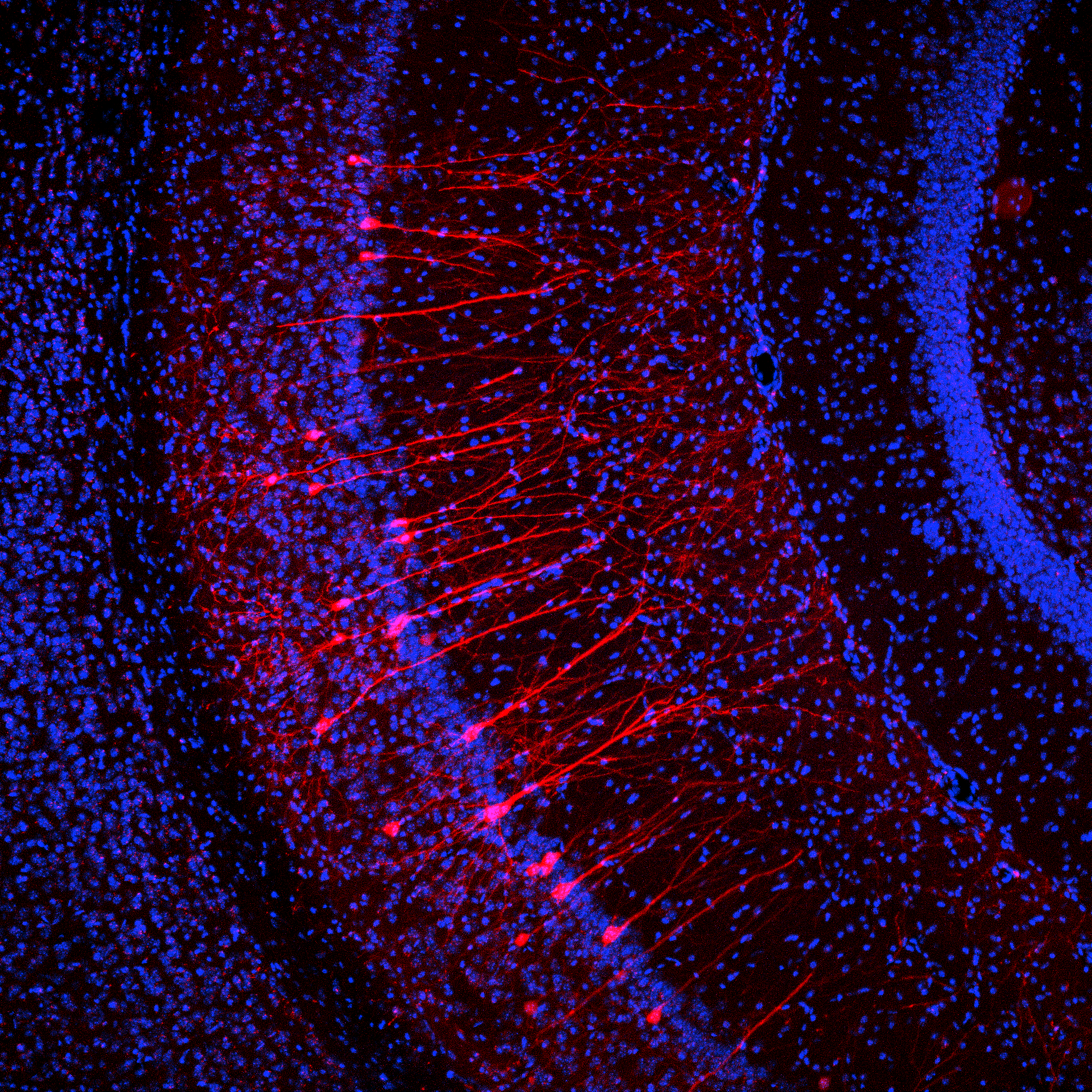
Publications

A cAMP Pathway Underlying Reward Prediction in Associative Learning
Kheirbek MA, Beeler JA, Ishikawa Y, Zhuang X (2008)
Journal of Neuroscience
In associative learning, animals learn to associate external cues or their own actions with appetitive or aversive outcomes. Although the dopamine (DA) system and the striatum/nucleus accumbens have been implicated in both the pavlovian and instrumental form of associative learning, whether specific neuronal signaling mechanisms underlie oneform orthe other is unknown.Here, we reportthatthe striatum-enriched isoform of adenylyl cyclase (AC), AC5, is selectively required for appetitive pavlovian learning. Mice with genetic deletion of AC5 (AC5KO) acquired instrumental responding yet were unable to use cues that predicted reward delivery. The specificity of this deficit was confirmed by an inability of AC5KO mice to learn a simple appetitive pavlovian conditioning task. Conversely, AC5KO mice showed intact aversive pavlovian learning, suggesting the deficit was specific for learning about appetitive outcomes. Our results suggest that AC5 is a critical component of DA-dependent strengthening of stimulus–reward contingencies.
